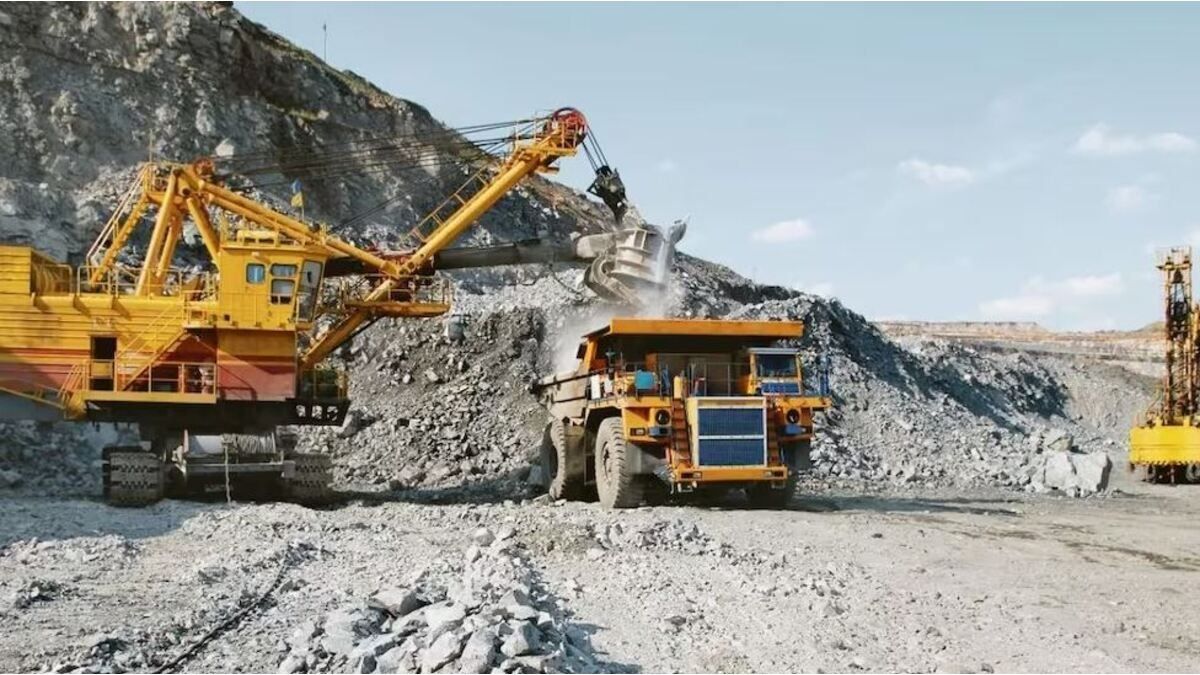Argentina has consolidated its place on the global map as one of the main producers of lithium, the key mineral for the energy transition and the development of sustainable technologies. In the first half of 2024, national lithium production exceeded 31,000 tons of lithium carbonate equivalent (LCE), marking a year-on-year growth of 63%. This rapid rise not only positions the country as the fourth largest producer of this mineral in the world, but also opens opportunities for local industries, especially chemicals.
The development of new projects and the expansion of existing operations could take the lithium production capacity in Argentina from the current 158,500 tons to 465,800 LCE tons per year in the coming years.according to a work carried out by the Argentine Chamber of Mining Companies (CAEM), with the technical collaboration of the Chamber of the Chemical and Petrochemical Industry (CIQyP) and the company TAGING.
This exponential growth also implies a substantial increase in the consumption of chemical inputs such as sodium carbonate, caustic soda and hydrochloric acid.
Among the key companies in this emerging scenario, ALPAT, the only local supplier of sodium carbonate, an essential input in the lithium production process. Its role becomes more relevant in the face of logistical challenges and the growing demands for purity and competitiveness in chemical inputs.
The importance of lithium in Argentina
Lithium is essential for the manufacture of lithium-ion batteries, used in electric vehicles, electronic devices and renewable energy storage systems. Argentina’s geographical location, sharing the lithium triangle with Bolivia and Chile, gives it a natural advantage to exploit this resource.
The country’s main lithium deposits are located in the salt flats of the Puna region, where the mineral is extracted mainly through the evaporitic method. This process, although effective, is intensive in the use of chemical reagents, which represent approximately 48% of the industry’s operating costs.
In this context, the local availability of reliable and competitive chemical inputs is essential to guarantee the sustainability of the sector. The ALPAT company stands as a strategic player by providing sodium carbonate, a key reagent in obtaining high purity lithium.
ALPAT: an essential ally
ALPAT is the only national producer of sodium carbonate, also known as soda ash, and covers part of the domestic demand. This input is crucial for the carbonation stage, where the lithium extracted from the brines is transformed into lithium carbonate. The quality and purity of sodium carbonate are critical to meeting the industry’s demanding standards.
According to the report prepared by the Argentine Chamber of Mining Companies (CAEM) in collaboration with the Chamber of the Chemical and Petrochemical Industry (CIQyP), in the scenario of maximum lithium production it is estimated that the need for sodium carbonate will exceed 3.7 times the current capacity, which is currently 250,000 tons per year.
Challenges and opportunities for local suppliers
The growing demand for chemical inputs presents a double challenge for supplier companies: increasing their productive capacity and guaranteeing efficient distribution to mining regions. Investments in logistics infrastructure and in new plants near the deposits could be key to responding to these needs.
Furthermore, the chemical industry faces the challenge of improving the competitiveness of its products, not only in terms of costs, but also in quality. The purity of the inputs is essential to optimize lithium production processes and ensure that the final product meets international standards.
The impact on the regional economy
The development of the lithium mining industry has the potential to boost regional economies, generating employment and attracting investments. The installation of chemical input plants in the NOA would not only reduce logistics costs, but could also boost the local economy by creating new business opportunities and strengthening value chains.
In this sense, ALPAT could play a central role, not only as a supplier of sodium carbonate, but also as a promoter of strategic alliances to expand local production of chemical inputs. These investments could guarantee sustainable supply for the mining sector and contribute to the comprehensive development of the regions involved.
The rapid growth of lithium production in Argentina represents a unique opportunity for the local chemical industry. Companies like ALPAT have the potential to position themselves as strategic partners in this process.
Argentina has the possibility of consolidating itself as a key player in the transition towards a more sustainable economy, and collaboration between the mining and chemical sectors will be decisive to achieve this objective.
Source: Ambito




